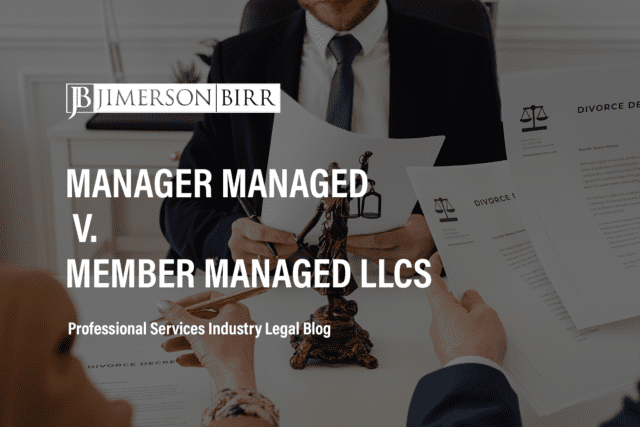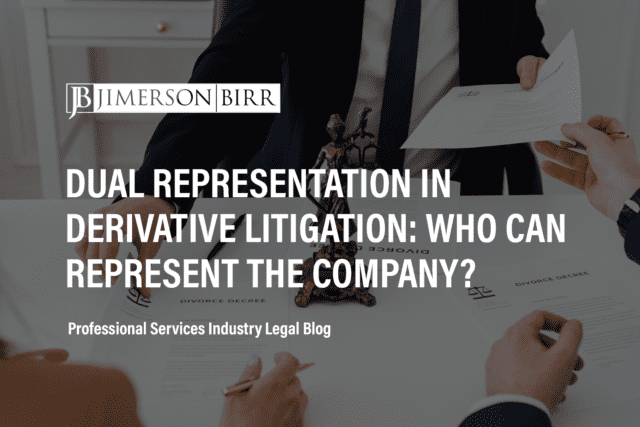What are board elections?
Board elections refer to the process of electing members to the governing board of an organization or company. The board of directors is responsible for making significant decisions and providing guidance and oversight to the organization, so electing its members is critical.
Typically, board elections involve the nomination of candidates by a nominating committee or by members of the organization, followed by a vote by the membership or by the current board members. However, the exact process may vary depending on the organization’s bylaws and procedures.
Board elections may occur regularly, such as annually or every few years, or trigger through specific events, such as the resignation or removal of a board member. In addition, the election process may sometimes be governed by laws and regulations, particularly for publicly traded companies or non-profit organizations that receive government funding.
Need help with a matter related to board elections? Schedule your consultation today with a top shareholder disputes and derivative litigation attorney.
In Florida, which laws and regulations apply to board elections?
In Florida, the laws and regulations that govern board elections for businesses depend on the type of company. For example, for-profit corporations follow the Florida Business Corporation Act, which sets forth the requirements for conducting board elections. Some key provisions include:
- Stat. § 607.0701: This section outlines the requirements for giving notice of board meetings and the procedures for conducting elections at the corporation’s annual meeting.
- Stat. § 607.0725: This section guides the quorum requirements needed to effectuate any board election.
- Stat. § 607.0728: This section outlines voting laws for the board of directors.
On the other hand, non-profit corporations follow the Florida Not-for-Profit Corporation Act, which sets out the rules and procedures for conducting board elections. Some of the key provisions include:
- Stat. § 617.0820: This section outlines the requirements for conducting board meetings and the procedures for conducting elections.
- Stat. § 617.0721: This section outlines the requirements the members must follow when voting on matters concerning the not-for-profit corporation, including electing directors.
What are common issues regarding board elections that lead to litigation?
Several common issues can arise during board elections that can lead to litigation, including:
- Failure to follow proper procedures: If a corporation fails to follow proper procedures for conducting board elections, such as failing to give proper notice, allowing ineligible candidates to run, or failing to count votes correctly, it will likely face legal challenges from shareholders or board members.
- Proxy solicitation: Proxy solicitation involves using proxies to vote for shareholders unable or unwilling to attend the meeting. Issues can arise when corporations fail to disclose the use of proxies adequately or when there are allegations of fraud or misrepresentation in the solicitation process.
- Allegations of discrimination: If a corporation engages in discriminatory practices during board elections, such as excluding specific candidates based on race, gender, or other protected characteristics, it can lead to legal challenges and allegations of civil rights violations.
- Shareholder disputes: Disputes among shareholders over board elections, such as allegations of vote buying or vote manipulation, can also lead to litigation.
When a set of facts is appropriate to meet the requirements giving rise to potential problems with board elections, there are many paths a claimant may take. We are value-based attorneys at Jimerson Birr, which means we look at each action with our clients from the point of view of costs and benefits while reducing liability. Then, based on our client’s objectives, we chart a path forward to seek appropriate remedies.
To determine whether your unique situation may necessitate litigation, please contact our office to set up your initial consultation.
Frequently Asked Questions
- Can a board member be removed before the end of their term?
Yes, a board member can be removed before the end of their term by the corporation’s shareholders. The procedures for removal should be in the corporation’s bylaws or, in the case of for-profit and non-profit corporations, in the Florida Business Corporation Act.
- What is proxy voting?
Proxy voting allows a shareholder to appoint someone else to vote at a shareholder meeting, including in a board election. Shareholders utilize this procedure when they cannot attend the meeting.
- What happens if there is a tie in a board election?
If there is a tie in a board election, the corporation’s bylaws or state law typically provide a mechanism for breaking the tie, such as a runoff election or a coin toss.
- How are board elections typically conducted?
Board elections typically occur at an annual meeting of shareholders. Therefore, shareholders should receive notice of the meeting and have the opportunity to vote for the candidates they wish to see elected to the board.
Have more questions about a board election-related situation?
Crucially, this overview of board elections does not begin to cover all the laws implicated by this issue or the factors that may compel the application of such laws. Every case is unique, and the laws can produce different outcomes depending on the individual circumstances.
Jimerson Birr attorneys guide our clients to help make informed decisions while ensuring their rights are respected and protected. Our lawyers are highly trained and experienced in the nuances of the law, so they can accurately interpret statutes and case law and holistically prepare individuals or companies for their legal endeavors. Through this intense personal investment and advocacy, our lawyers will help resolve the issue’s complicated legal problems efficiently and effectively.
Having a Jimerson Birr attorney on your side means securing a team of seasoned, multi-dimensional, cross-functional legal professionals. Whether it is a transaction, an operational issue, a regulatory challenge, or a contested legal predicament that may require court intervention, we remain a tireless advocate every step of the way. Being a value-added law firm means putting the client at the forefront of everything we do. We use our experience to help our clients navigate even the most complex problems and come out the other side triumphant.
If you want to understand your case, the merits of your claim or defense, potential monetary awards, or the amount of exposure you face, you should speak with a qualified Jimerson Birr lawyer. Our experienced team of attorneys is here to help. Call Jimerson Birr at (904) 389-0050 or use the contact form to schedule a consultation.

We live by our 7 Superior Service Commitments
- Conferring Client-Defined Value
- Efficient and Cost-Effective
- Accessibility
- Delivering an Experience While Delivering Results
- Meaningful and Enduring Partnership
- Exceptional Communication Based Upon Listening
- Accountability to Goals











